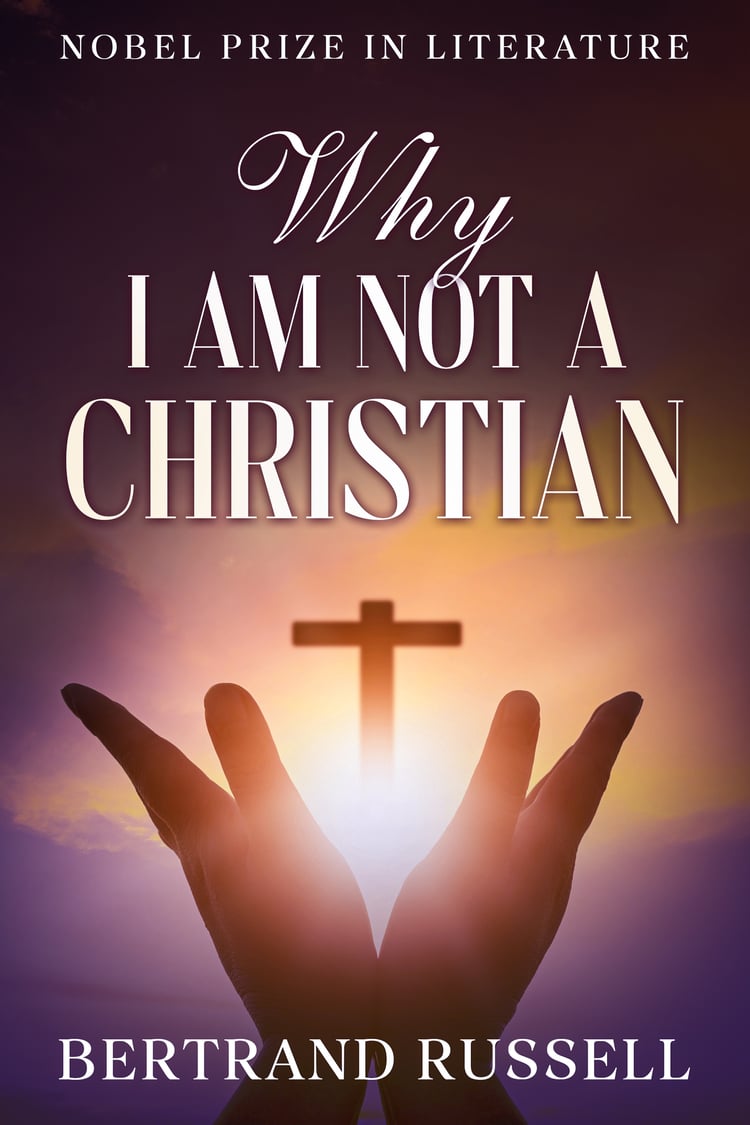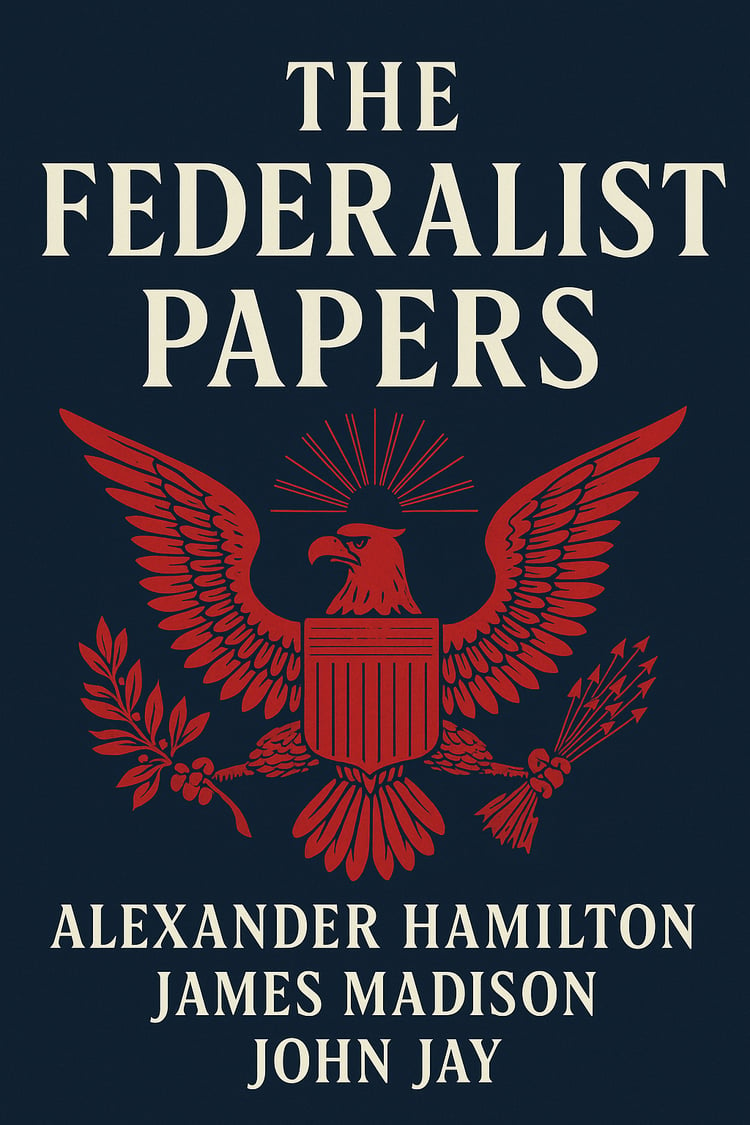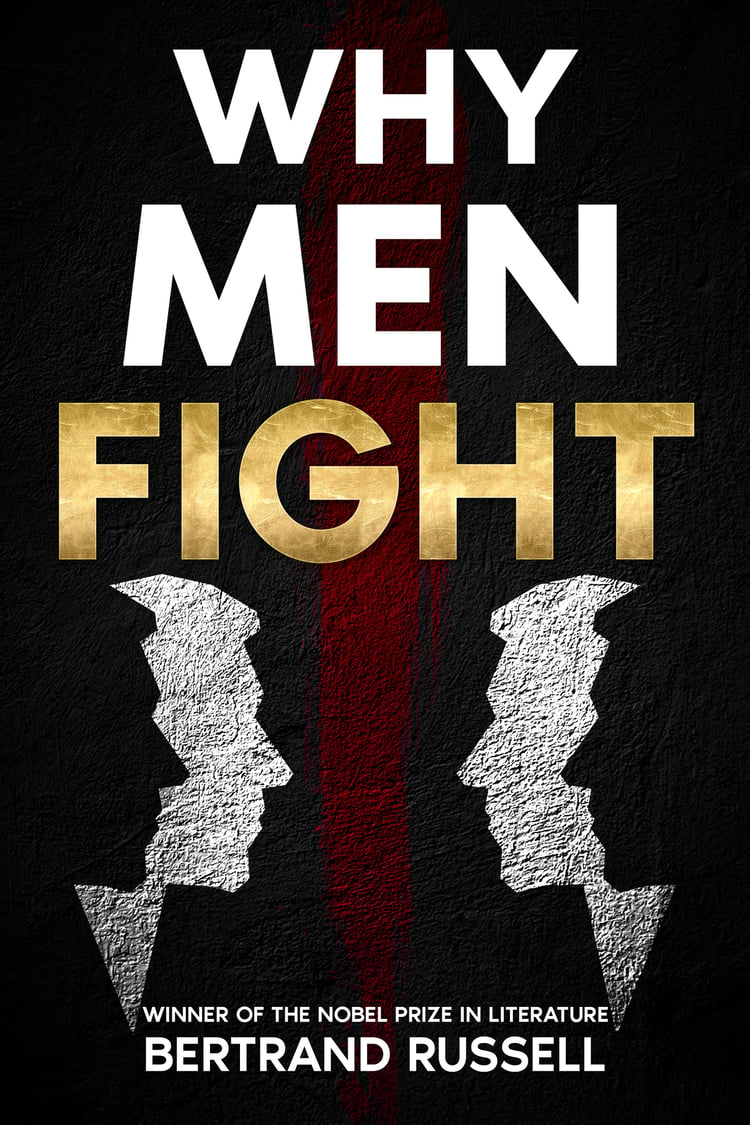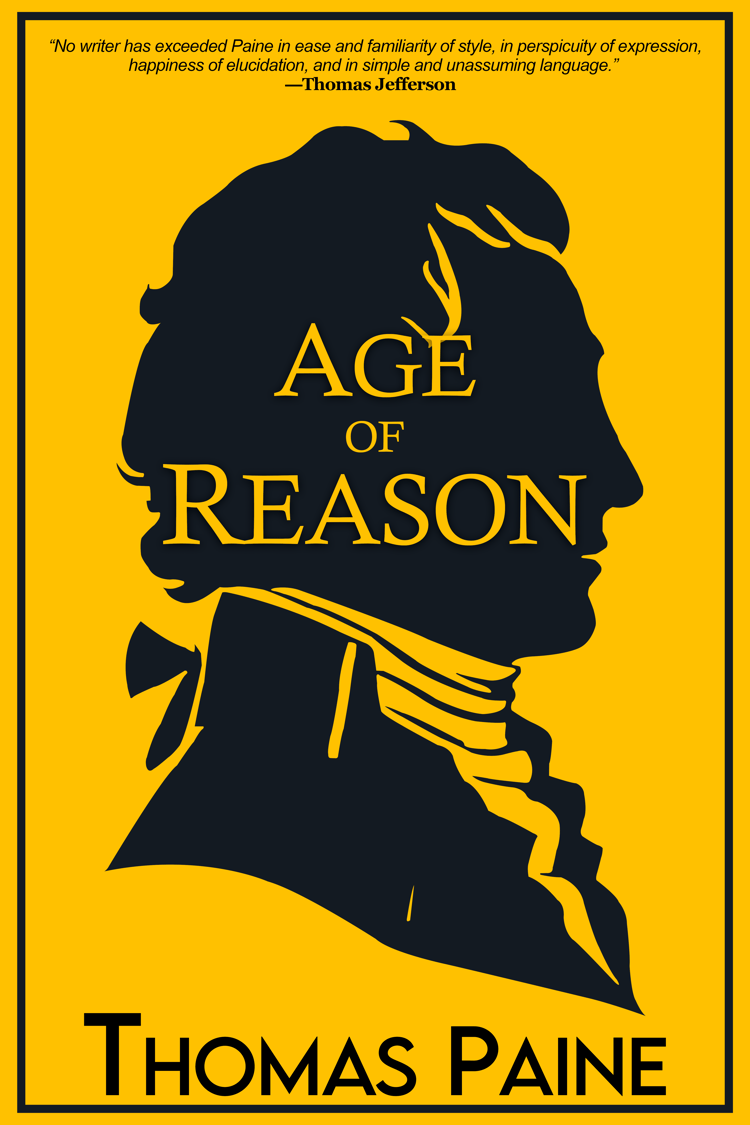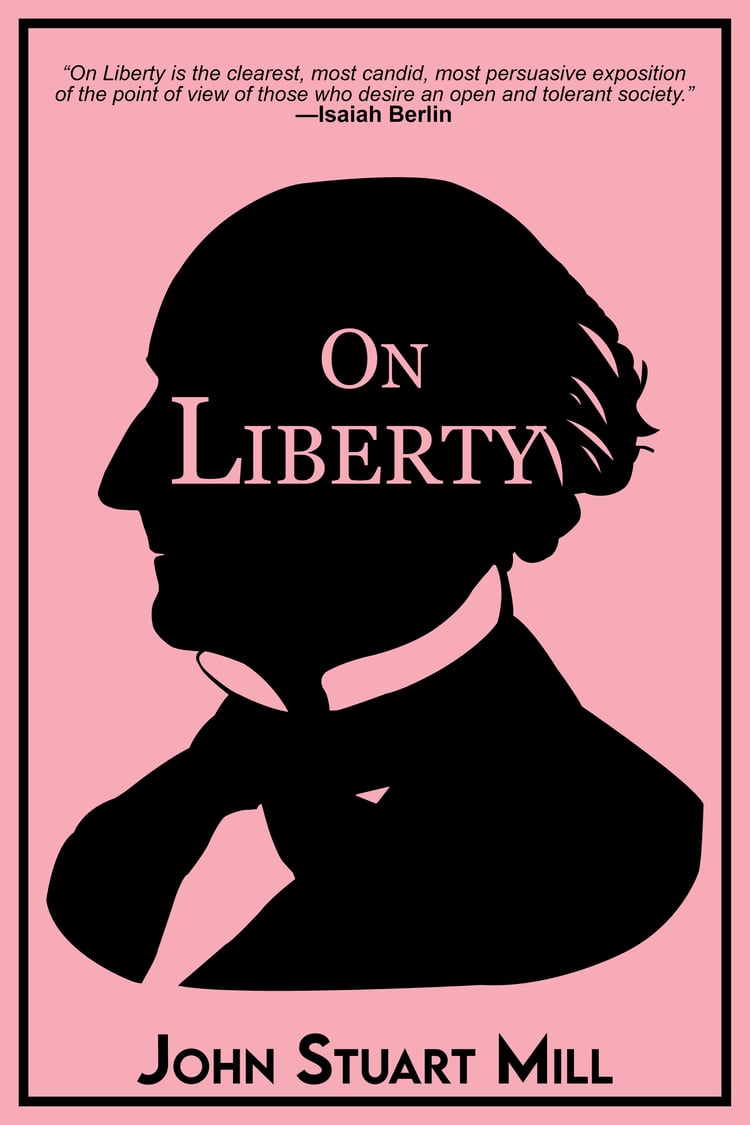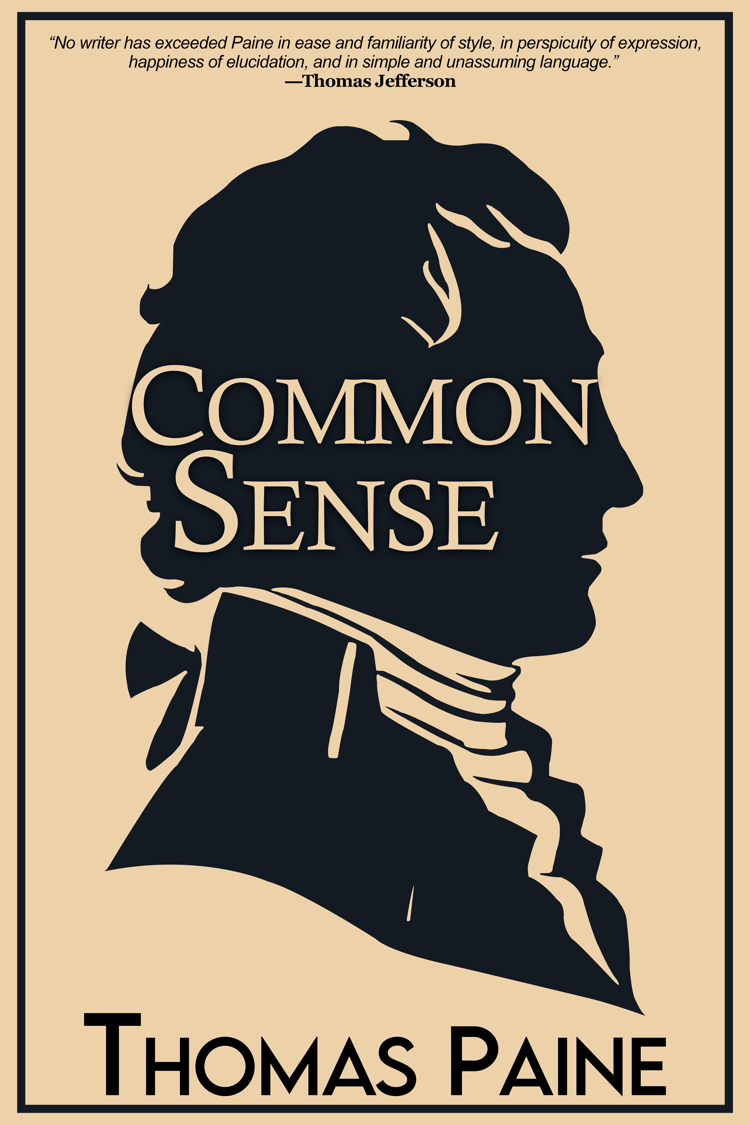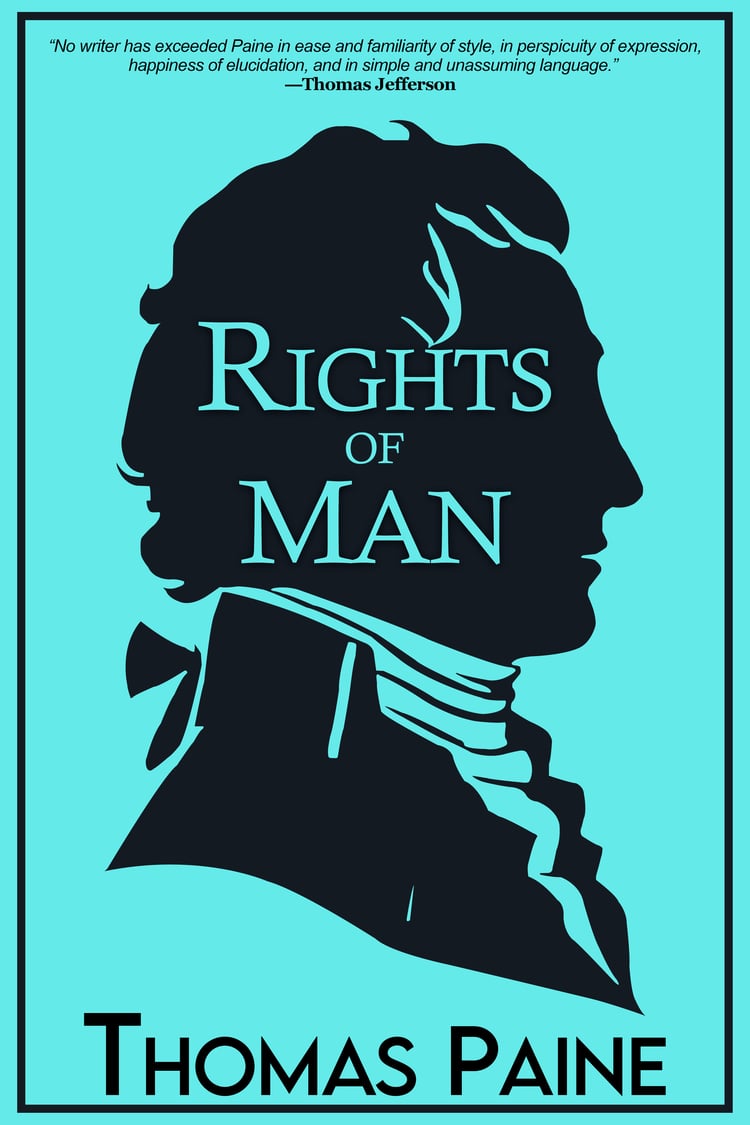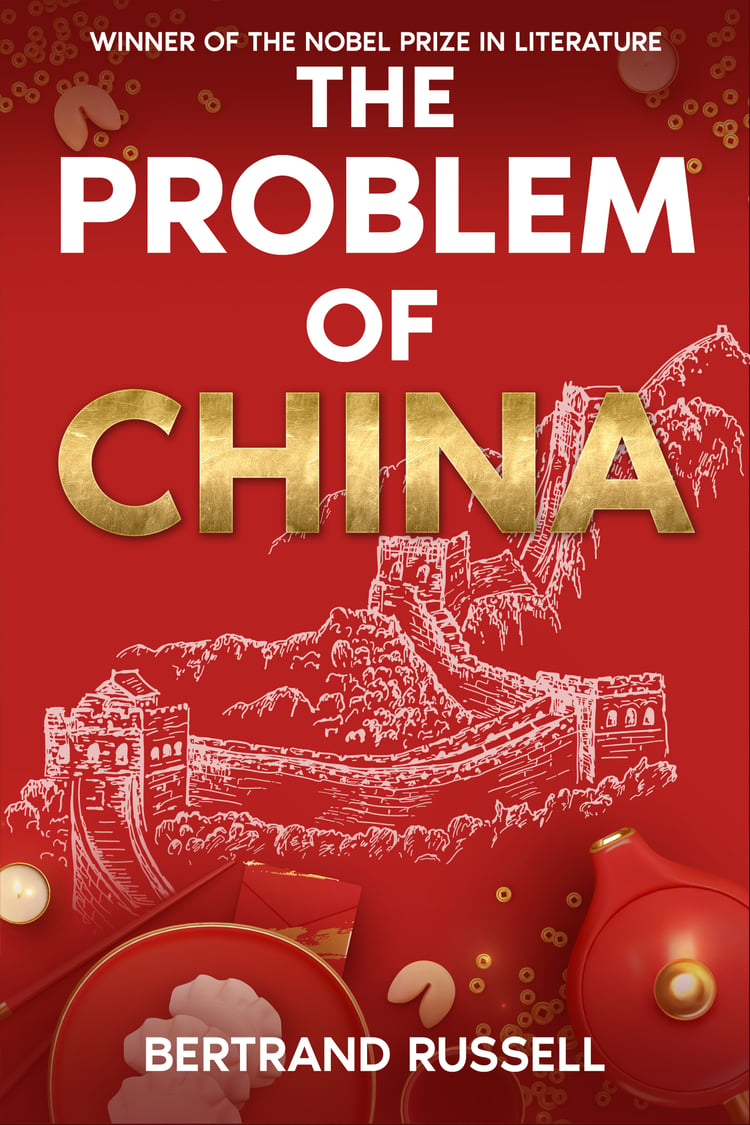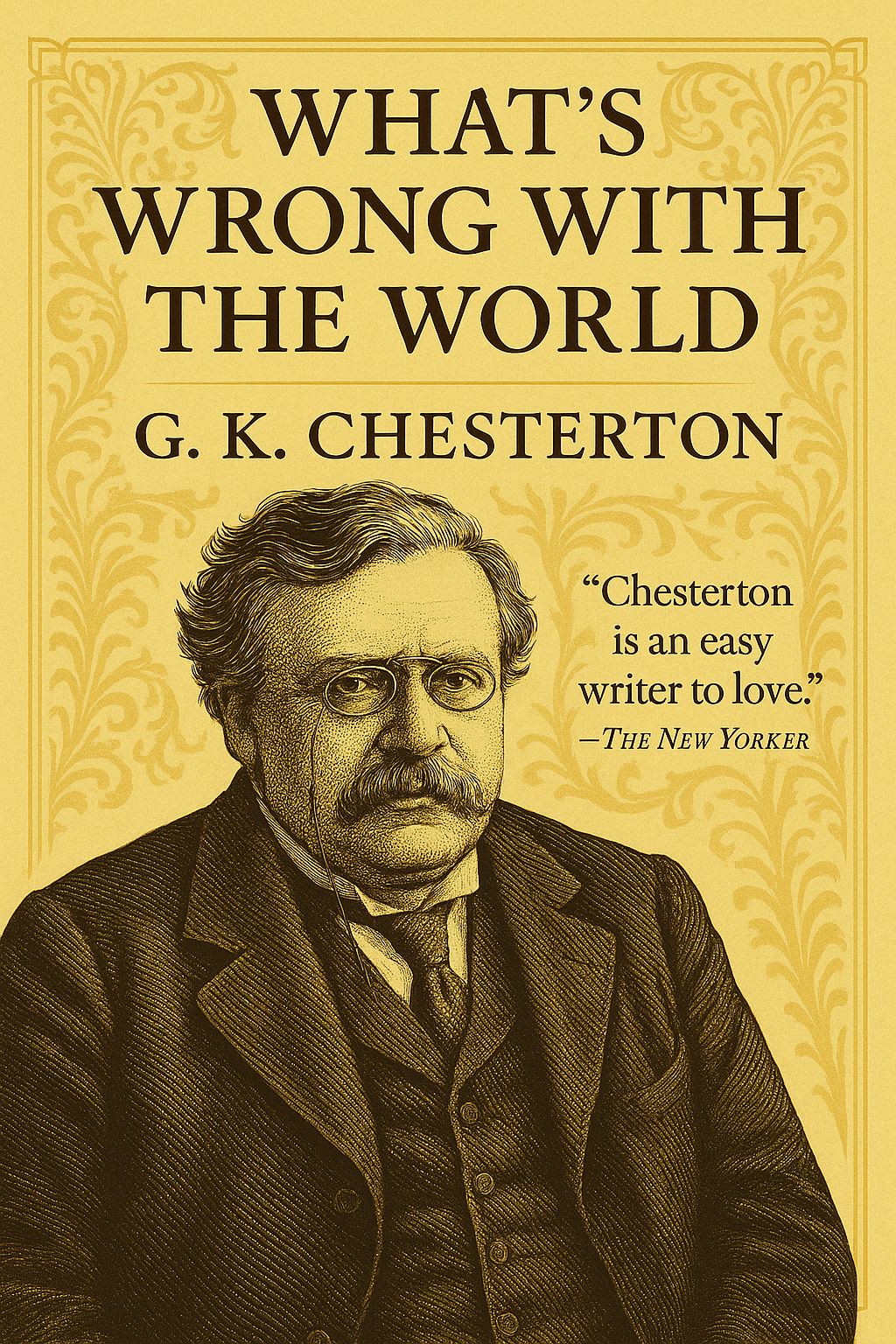
What’s Wrong With The World
In What’s Wrong With The World, G. K. Chesterton delivers a sharp, witty, and profoundly insightful critique of the social, political, and cultural issues of his time—many of which remain strikingly relevant today. First published in 1910, this collection of essays tackles topics ranging from education and feminism to capitalism and government, all through Chesterton’s unique lens of humor, paradox, and moral clarity. With his characteristic blend of eloquence and irreverence, Chesterton challenges the prevailing ideologies of the modern world, advocating for a return to common sense, tradition, and a deeper understanding of human nature.
Chesterton’s writing is both provocative and entertaining, as he dismantles the assumptions of progressivism, materialism, and bureaucracy with incisive logic and biting wit. He argues for the importance of the family, the value of local communities, and the dangers of centralized power, all while championing the dignity of the individual and the wisdom of the past. His critiques are not merely negative; they are filled with a hopeful vision of a society rooted in justice, freedom, and a respect for the sacredness of life.
A timeless work of social commentary, What’s Wrong With The World is more than just a critique—it is a call to action, urging readers to question the status quo and embrace a more humane and balanced way of living. Chesterton’s vivid prose, keen observations, and unwavering moral courage make this book a must-read for anyone interested in philosophy, politics, or the enduring challenges of human society. Whether you’re discovering Chesterton for the first time or revisiting his ideas, this book promises to challenge your assumptions, spark lively debate, and inspire you to see the world with fresh eyes.
About the author
G. K. Chesterton (1874–1936) was a prolific English writer, philosopher, and critic, renowned for his wit, paradoxes, and defense of Christian orthodoxy. A master of both fiction and social commentary, he authored classics like The Everlasting Man, the Father Brown mysteries, and Orthodoxy, blending sharp logic with imaginative flair. A vocal advocate for distributism and traditional values, Chesterton’s works remain influential for their timeless insights into culture, faith, and human nature.


